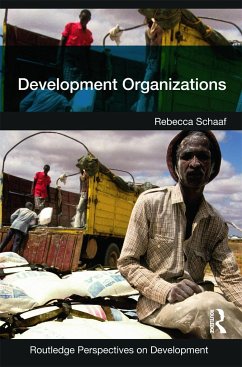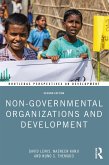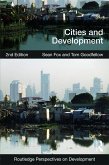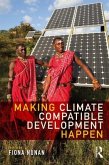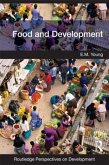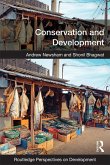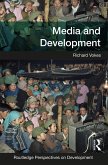Development Organizations explores the range and role of organizations involved in development policy and practice. This includes community-based organizations and civil society actors, international non-governmental organizations, state and other national-based actors, global forms of governance, international financial institutions and transnational corporations. It considers the historical and contemporary role of each of these actors, explains the complex theoretical debates over their existence and activities, and uses case studies from a variety of contexts to critically assess their effectiveness. This book is the only introductory text to focus specifically on the variety of organizations involved in development. It highlights the political and contested nature of development activities promoted by these organizations, and considers their effects on society, the economy and the environment. It also considers these issues in the context of the Millennium Development Goals: the agenda which currently impacts on the operation and outcomes of the broad range of development organizations. The book is clearly written and user-friendly, with case studies to help illustrate the operation of development organisations. Clear learning outcomes are stated at the beginning of each chapter and summaries at the end help to reinforce understanding. Discussion topics, suggestions for further reading and relevant websites are also listed for each chapter, providing useful tools for students, teachers, and other interested readers.

